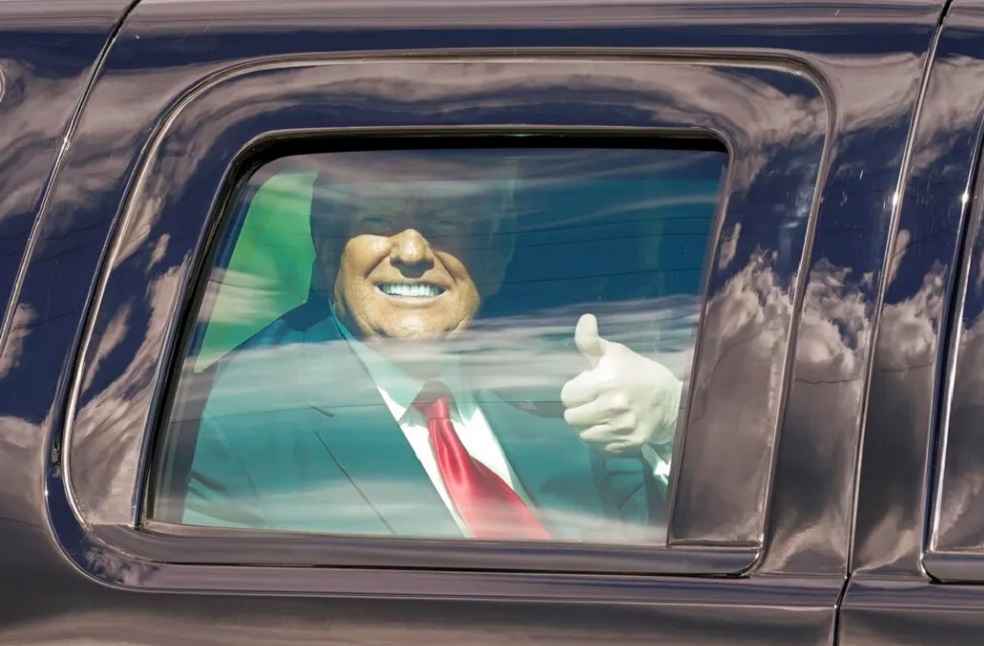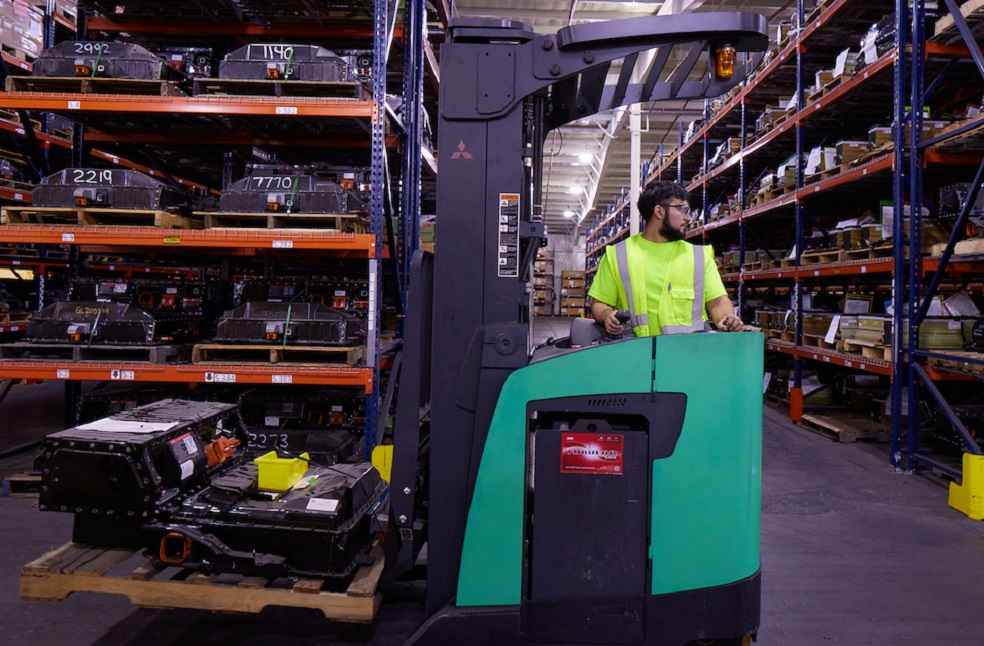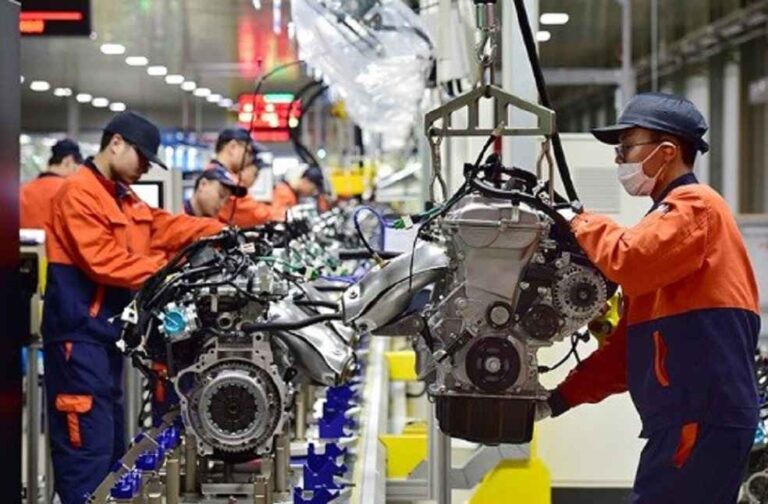US automakers are facing mounting uncertainty as President Donald Trump’s aggressive trade tariffs drive up costs and disrupt supply chains. Since returning to the White House last month, Trump has announced a series of tariff measures, creating pressure across the auto industry.
A 10% tariff on Chinese auto parts, a key supplier for US manufacturers, has already taken effect. Additionally, a 25% tariff on steel and aluminum imports, set to begin on March 12, is expected to raise supply and manufacturing costs.
Ford CEO Jim Farley warned that the cumulative impact of these measures could be severe. “It’s like, a little here, a little there,” Farley said. “They won’t be small together.”
The auto industry remains on edge as Trump continues to target international trade imbalances. On Thursday, he signed plans for sweeping ‘reciprocal tariffs,’ highlighting the disparity between US and EU car import duties. The European Union currently imposes a 10% tariff on US car imports, compared to the US rate of 2.5%.

Further tensions rose when Trump announced plans to unveil tariffs on foreign cars in early April, though he did not disclose specific rates or targeted countries.
A potential resumption of paused 25% tariffs on Mexico and Canada — major US trading partners under the former North American Free Trade Agreement (NAFTA) — poses a significant threat to the sector. “If imposed, they would blow a hole in the US auto industry,” Farley cautioned.
Cox Automotive economist Charlie Chesbrough observed that while industry leaders recognize the threat, many are sceptical that Trump will follow through with such extreme measures. “Most folks recognize the threat, but they don’t believe he’s going to drop the bomb,” he said.

Foreign automakers with significant investments in North America, such as Honda, are also at risk. Honda, which operates factories in the US, Canada, and Mexico, imported no cars from Japan to the US in 2024, according to GlobalData.
The Trump administration has defended tariffs as both a revenue source and a tool to encourage manufacturers to build in the US. ‘America First’ policies aim to address perceived trade imbalances, particularly with the EU, where German brands like BMW, Mercedes-Benz, and Audi dominate imports but also operate US factories.
Jeff Schuster, vice president of global research at GlobalData, suggested that eliminating the EU tariff could have minimal impact due to differing consumer preferences. “US vehicles, especially the vehicles that are popular here, would not be popular in Europe,” he said.

Auto analysts anticipate that some foreign automakers may announce new or expanded US factories in the coming months. However, uncertainty surrounding Trump’s shifting policies, including a possible reversal on electric vehicle (EV) incentives, complicates their decisions.
Unlike Europe and China, where EV adoption is accelerating, the US may see reduced policy support under Trump, placing it out of step with major global markets. Schuster warned that the long lead times in the auto industry mean today’s investment choices will shape the market four to five years down the line.
“As global companies, it’s not efficient to have different strategies in every market,” Schuster said, highlighting the challenges facing automakers amid shifting US trade policies.
UPCOMING | BMW M5 Facelift Spotted Flaunting Bold Neue Klasse Design





